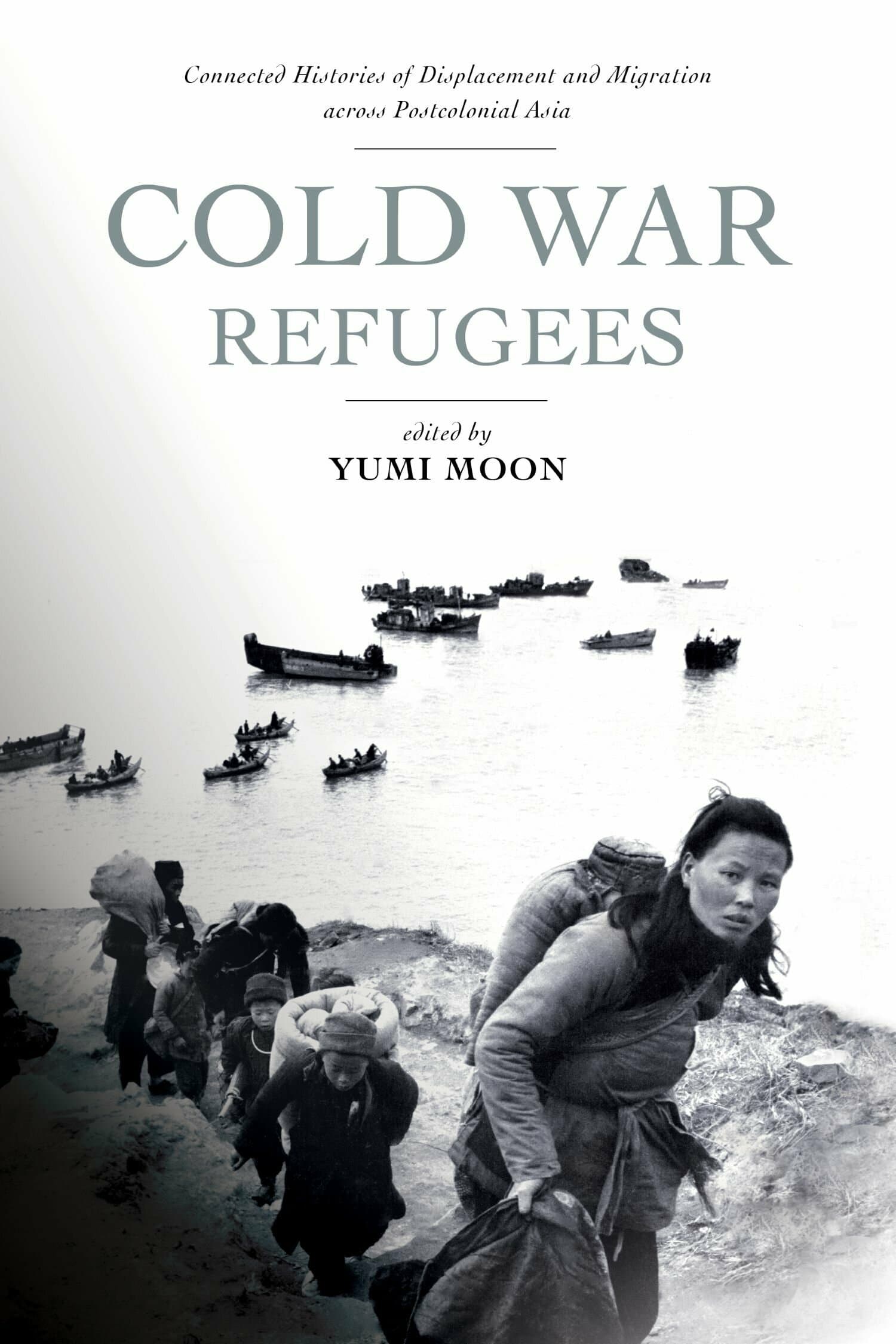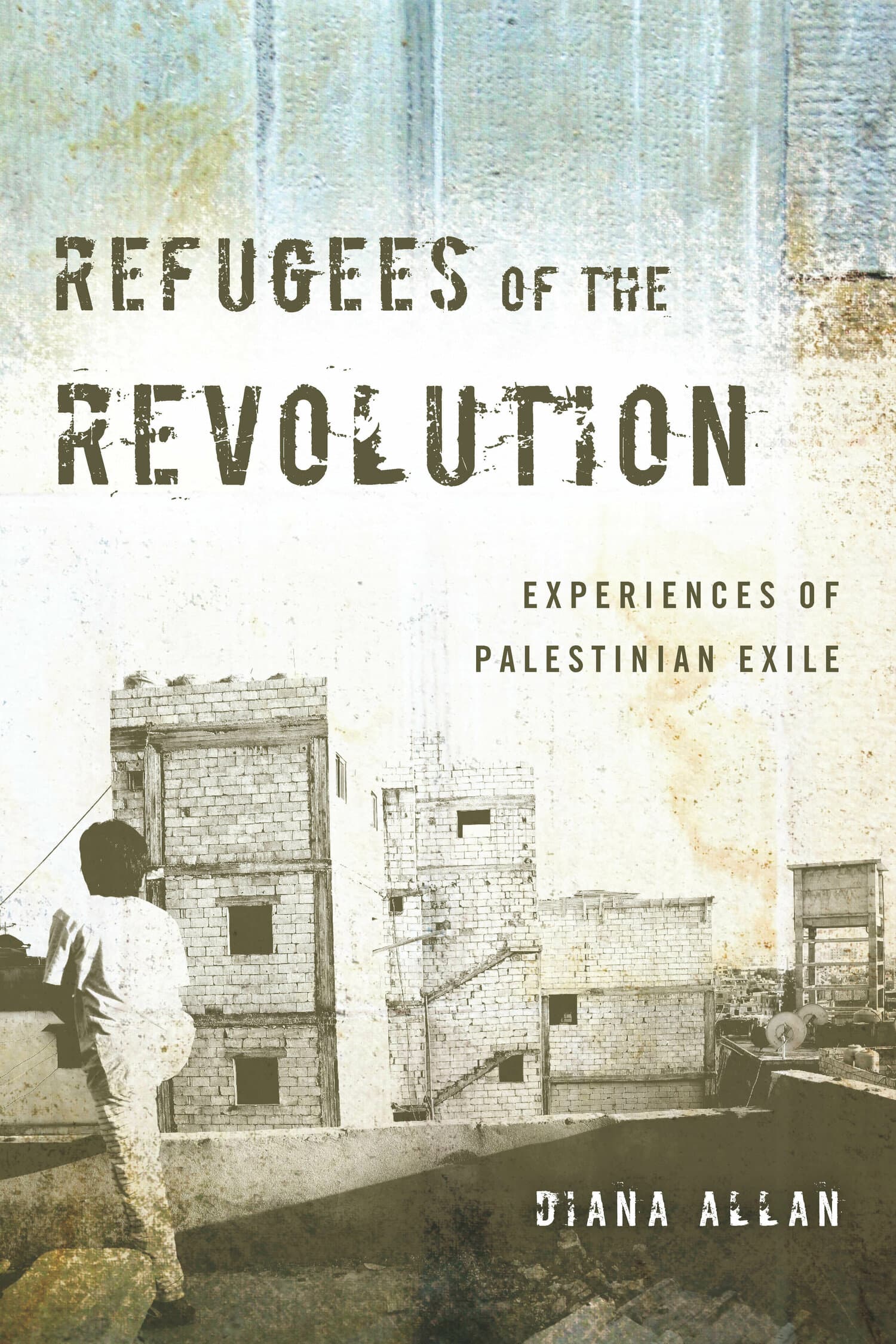America’s Arab Refugees

America's Arab Refugees is a timely examination of the world's worst refugee crisis since World War II. Tracing the history of Middle Eastern wars—especially the U.S. military interventions in Iraq and Afghanistan—to the current refugee crisis, Marcia C. Inhorn examines how refugees fare once resettled in America.
In the U.S., Arabs are challenged by discrimination, poverty, and various forms of vulnerability. Inhorn shines a spotlight on the plight of resettled Arab refugees in the ethnic enclave community of "Arab Detroit," Michigan. Sharing in the poverty of Detroit's Black communities, Arab refugees struggle to find employment and to rebuild their lives. Iraqi and Lebanese refugees who have fled from war zones also face several serious health challenges. Uncovering the depths of these challenges, Inhorn's ethnography follows refugees in Detroit suffering reproductive health problems requiring in vitro fertilization (IVF). Without money to afford costly IVF services, Arab refugee couples are caught in a state of "reproductive exile"—unable to return to war-torn countries with shattered healthcare systems, but unable to access affordable IVF services in America. America's Arab Refugees questions America's responsibility for, and commitment to, Arab refugees, mounting a powerful call to end the violence in the Middle East, assist war orphans and uprooted families, take better care of Arab refugees in this country, and provide them with equitable and affordable healthcare services.
"A brilliant weaving of insights from the Black Lives Matter movement and intersectional theory, Inhorn compassionately documents the valiant struggles of Arab refugee populations to rise above discrimination in the USA. Inspiring and eye-opening, this book draws out parallels between the racism faced by African-Americans and Arab refugees, broadening the horizon of movements for social justice."—Suad Joseph, University of California, Davis
"America's Arab Refugees illuminates issues of critical importance for everyone—especially Americans. Inhorn helps us come to grips with Arab Americans' real experiences of war, displacement, racism, poverty, and broken health care. Every reader has something to learn from these men and women negotiating infertility treatments, as they keep hope alive in the midst of adversity and show resolve to work for a better future for themselves, their families, and our world."—Seth Holmes, author of Fresh Fruit, Broken Bodies: Migrant Farmworkers in the United States
"Inhorn makes a powerful argument that Arab lives, and their reproductive rights, matter. Scholars, students, and laypeople interested in rebuilding social and family life in the aftermath of conflict, in refugees and related policy, or anyone who wants to get to know their new Arab neighbors in asylum countries will find this book insightful and thought-provoking."—Lindsay Gifford, Middle East Journal
"In this moving and thought-provoking ethnography, Inhorn reveals what seems to be absent from the US media, namely, the formidable suffering, be it physical, emotional, or financial, endured by her interlocutors... This extraordinary and original book goes where others have not, in asking the United States to fulfill its moral obligation toward this vulnerable population and urging policymakers to consider 'ethical questions about health-care equity and social justice—or lack thereof—for refugees and immigrants in the US health-care system'"—Jonas Elbousty, International Journal of Middle East Studies




